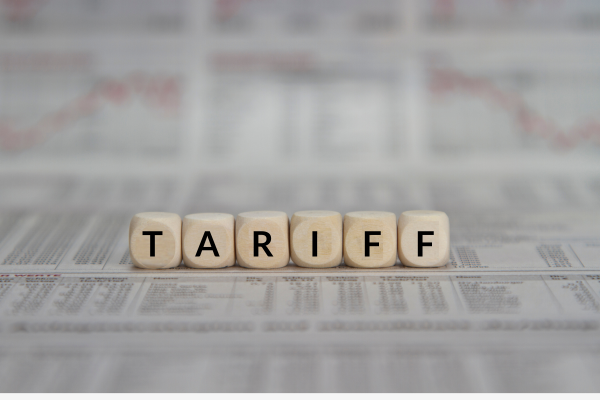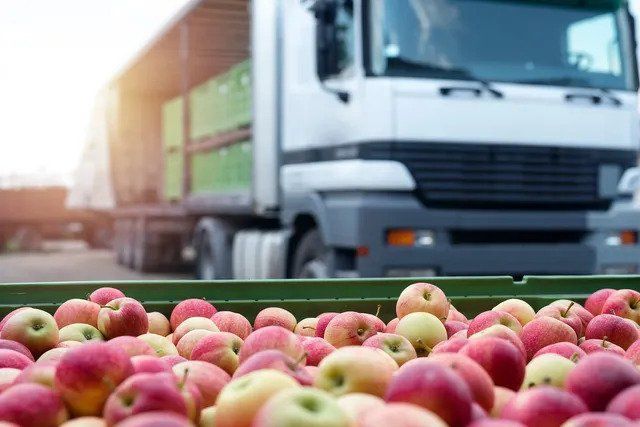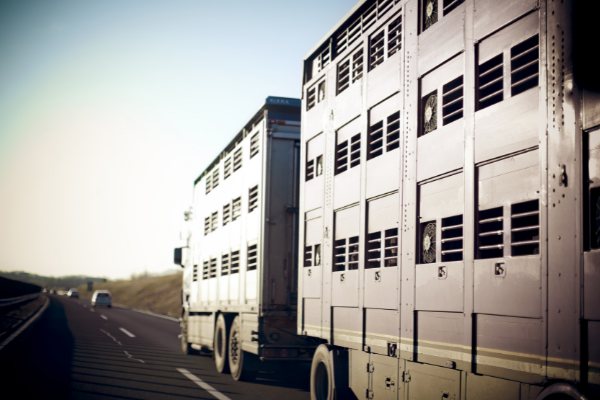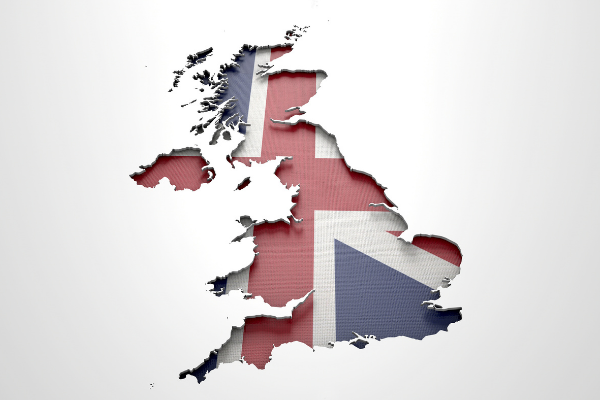BY:
SHARE:
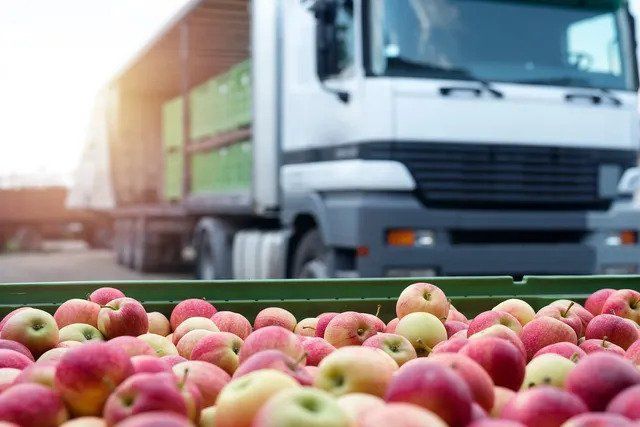
In a recent episode of the BBC's "Countryfile," the program highlighted ongoing challenges UK importers face, particularly those dealing with food products. The episode highlighted concerns that have persisted since the UK departed from the European Union, emphasising that several issues remain unresolved at the borders, with limited solutions currently in place.
We often do not give much thought to how food ends up on the supermarket shelf. But if we break this down into bitesize chunks, there are many steps and potential hurdles along the way.
Firstly, the implementation of the Border Target Operating Model (BTOM). The final version of the BTOM was released in August 2023, and it outlined the changes and the border requirements for food imports. Food products come in many different forms. They can be products of animal origin, animal by-products, or composite food products. Every type of product in the supermarket will have rules and regulations for importing into the UK.
The BTOM just does not affect those products. The SPS rules and regulations also cover plants and plant products. These can range from fresh fruit and vegetables on supermarket shelves to flowers and garden plants at a local garden centre.
We have the biosecurity risk to consider for native species and public health. This is the reasoning behind the documentary and physical inspections of SPS goods (Sanitary and Phytosanitary). What about our goods being inspected at a Border Control Post? What about potential delays at the border? What happens if our imports are rejected? What happens if our goods are not inspected? There are many steps, challenges, and potential issues along the way.
Where are the potential issues?
The UK government has always been open and honest about keeping the borders flowing; however, this is not always the case with food products. We must consider government systems such as IPAFFS and GVMS Border Control Post inspections, delays on documents such as export health certificates, and delays in Customs clearance such as incorrect information completed in CDS.
It truly is a supply chain with not only the exporter and the importer within that supply chain. You must also consider the haulier or the carrier of the goods and the potential for another party, such as an agent or broker, as well as the government bodies. For example, if our goods require pre-notification, what is the process? The importer, agent, or broker would complete a pre-notification on IPAFFS (Import of products, animals, food and feed system). A Customs declaration would be created with the IPAFFS reference number listed within the declaration to link the pre-notification and entry together.
Following that process, the haulier for roll-on and roll-off (RORO) GVMS consignments would need to ensure that the GMR (Goods Movement Reference), is raised on GVMS ( Goods vehicle movement service). This will link the vehicle registration to the declaration to allow the automatic arrival and the route of entry (ROE) when the goods arrive in the UK.
What happens to the entry if the goods are not linked through GVMS? What happens to the goods? Are they freely delivered with no arrival of the import entry and no possible inspection? All of this would be non-compliant.
For compliance purposes, we must ensure that all consignments on the vehicle arriving at the GVMS port are linked via the Customs declaration and the vehicle registration within the GVMS system so that the arrival process can proceed compliantly.
What should happen when the Imported goods are linked to a declaration through GVMS? Should the vehicle be required to attend a Border Control Post (BCP) Sevington, for example? The haulier must then attend the BCP for the inspection to take place once notified. Only once the inspection has taken place and the goods are cleared can Customs allow the haulier to continue their journey. At this point, there could be physical inspection delays, delays in documentation, and the potential for the goods to be rejected having to be returned or destroyed.
What if the vehicle arrives out of hours, where are the goods going to be stored? Are the goods required to be chilled or frozen, or are they shelf-stable products? Who will cover any extra storage costs? Sevington, for example, is open all year round, 24 hours a day, 7 days a week, 365 days a year; however, your goods may not be entering Dover. They may be directed to another Border Control Post.
What about costs to businesses and the industry?
All of this does come at a cost to businesses, including the potential cost of raising an IPAFFS notification by a third party, the cost of a Customs declaration, inspection charges such as the common user charge, and storage charges.
Food products can have a limited shelf life, and goods can exceed that shelf life due to delays, further adding costs to importers for rejecting or destroying the consignments, usually at the importer's expense. Government guidance clearly states “The importer covers the cost for the loss of the consignment and its disposal. The cost to destroy your consignment depends on the load size of the consignment.”
Has any of this been considered? Have we agreed that the exporter would absorb any potential losses if it were determined that the reason for the delay is the exporter's fault? What about the incoterms or the contract that is in place with the exporter of the goods?
The national audit office estimates via the press release that the annual cost to traders is £469 million due to the SPS controls. This does not consider the government's cost of implementing the border changes for SPS goods at an estimated cost of £4.7 billion.
Of course, these costs would be included further down the supply chain, potentially to the end user, which could be the consumer, but mitigating any further unexpected costs or delays should be a priority within your imports.
If you are interested in exploring this topic further, you might find it worthwhile to consider the training courses and live clinics offered by Strong & Herd LLP:
OneCall™ Email assistance as and when required; A one-call solution for all your import, export and customs enquiries. Export help. Import help. Customs help.
Stay informed about customs and international trade matters by subscribing to our OneCall™ service. This comprehensive offering includes a dedicated email helpline for support, timely practical updates direct to your inbox (Did You Know?), monthly UK Customs & Trade Briefings and access to an interactive members' area with an exclusive community for our subscribers.
International Trade Updates & Spotlight Newsletter
Subscribe to our free information emails covering international trade topics...
MORE INDUSTRY INSIGHTS...
